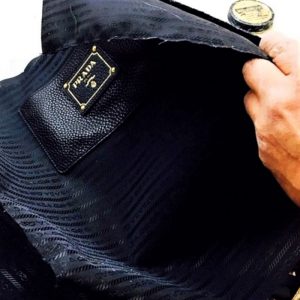Transforming Efficiency and Sustainability in Laundry Services Through Advanced Robotic Textile Systems.
Wiki Article
The garment laundering sector has been vital in keeping clothes spotless and sanitary. Nonetheless, this industry faces obstacles related to effectiveness and environmental responsibility. Traditional dry cleaning techniques often utilize toxic solvents and outdated processes that can be wasteful and ecologically harmful. To address these concerns, advanced automated laundry systems have emerged. These new technologies not only boost the productivity of professional garment care but also promote more eco-conscious operations, paving the way for a greener future.
Next-generation cleaning platforms employ sophisticated equipment and software to streamline the cleaning process. These systems can independently categorize, clean, dehydrate, and press items without significant manual input. By using sensors and artificial intelligence, these machines can optimize every step of the cycle. This streamlining minimizes the duration it takes to process textiles, allowing operations to serve more customers in less time. As a result, dry cleaners can increase their productivity while keeping operational costs minimal.

In addition to improving efficiency, laundry automation technologies play a major role to eco-friendly initiatives. Conventional dry cleaning methods often use perchloroethylene (perc), a chemical that presents dangers to both public safety and the ecosystem. However, many innovative systems now utilize environmentally safe formulations that are safer and biodegradable. In addition, these intelligent systems often require less water and energy compared to conventional methods, further reducing their environmental footprint. By integrating these advancements, laundry businesses can lower pollution and help protect natural resources.
An additional major benefit of automated laundry systems is their ability to deliver a uniform quality of service. With manual processes, differences in staff skill levels can lead to uneven outcomes. Smart machines eliminate this challenge by ensuring that every item is processed under the same optimal standards. Clients can trust that their clothes will get the same premium treatment every time they visit a dry cleaner using these cutting-edge systems. This reliability fosters repeat business and enhances the reputation of the company.
To sum up, the integration of innovative laundry automation technologies into the professional garment care sector represents a major advancement in both efficiency and sustainability. By implementing these solutions, dry cleaners can improve their workflows while minimizing their environmental impact. The shift towards green practices is not only positive for the environment but webpage also meets increasing consumer demand for sustainable services. As more businesses adopt these intelligent systems, they will contribute to a cleaner, eco-friendlier path for the entire industry.